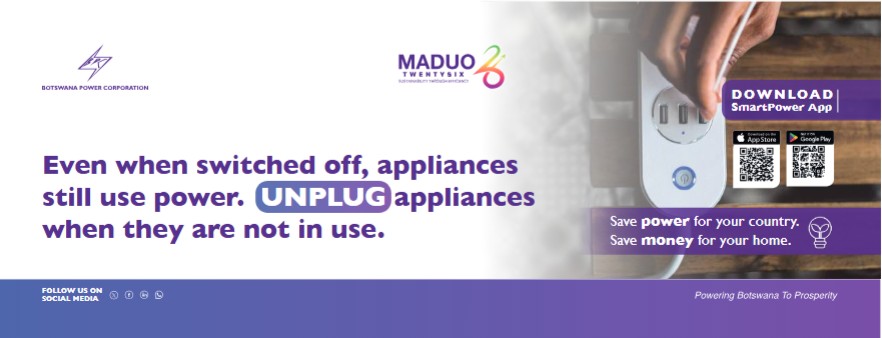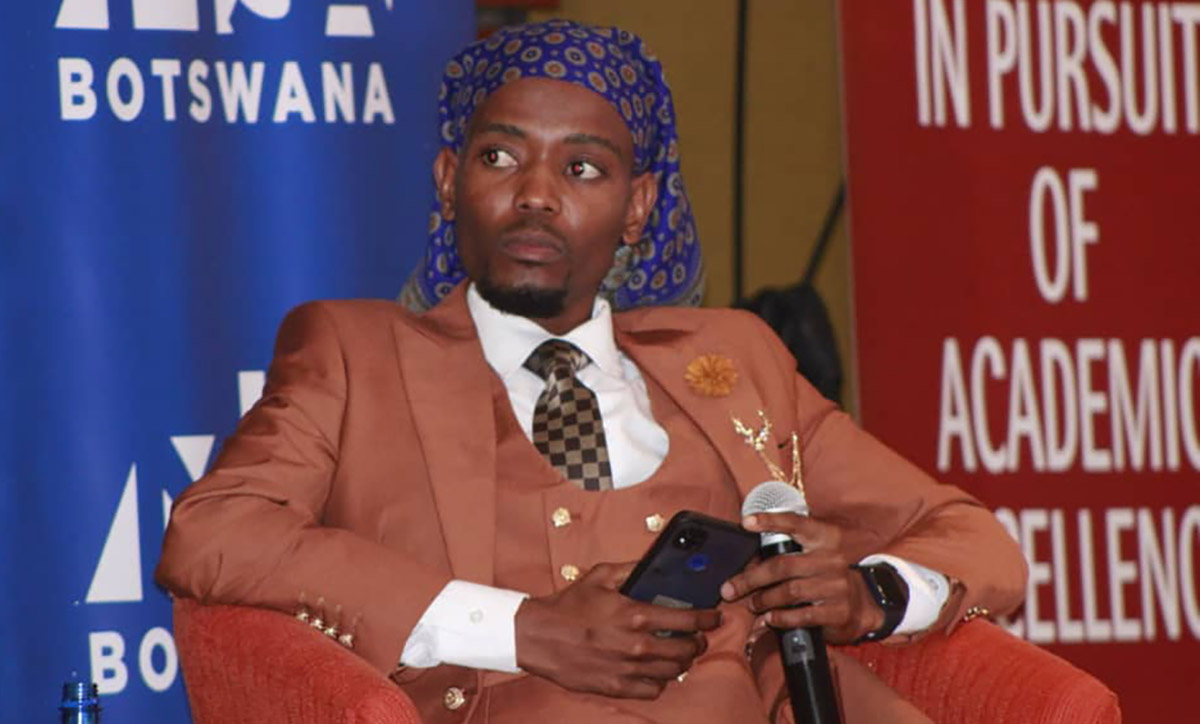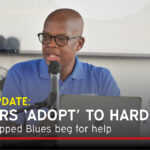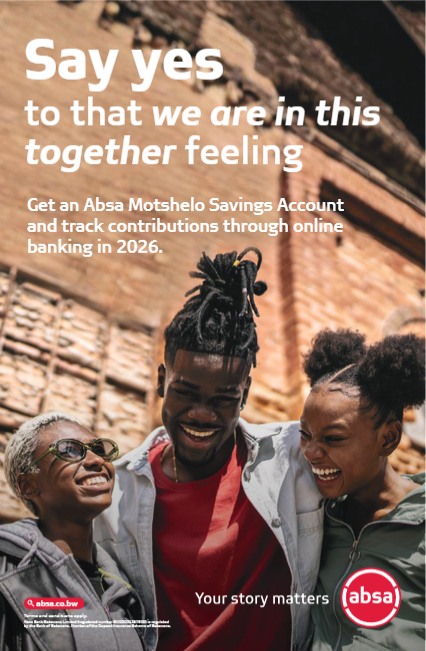Despite a growing concern over citizen journalists’ defiance from media ethics and preferred standards of practice which opens a portal for fake news and click-bait journalism, Director of Moeladilotlhoko News Boiler Tshepo Sethibe holds the opinion that Citizen Journalists are better placed to address Human Rights issues without fear, censorship or favour, as compared to their counterparts in the traditional media.
The self-styled ‘uncle of the nation’ shared his sentiments during the World Press Freedom Day panel discussion hosted by MISA Botswana chapter under the theme “The role of the media in promoting human rights in the wake of the digital revolution.”
The 30th World Press Freedom Day panel discussion which was held at the University of Botswana Conference Centre sought to look into the digital revolution in the media landscape, as well as possible opportunities, threats and weaknesses of this new phenomenon.
Leading the conversation was radio broadcaster Tumisang Mothei as the moderator alongside panelists Tshepo Sethibe (Citizen Journalist), Allen Munoriyarwa (Senior Lecturer in Media Studies), Pamela Dube (Journalist and activist) and Tebogo Sebego Lebotse (Mascom Head of Public Relations and Communications).
The conversation was an ideal one considering the proliferation of digital news outlets as well as the integration and transitioning of traditional media to digital platforms, according to University of Botswana Chief Operations Officer Dawid Katzke.
“While I understand media practitioners’ expressions and misjudgement that my platform is controversial and sensationalized, I would like to stress that mine is the work of a true activist who refuses to be clenched down by the so-called media ethics you abide by.”
“I am not defined by rules of proper channels and protocols because those are the things that obstruct you (the media) from diligently carrying out your job as human rights activists.”
His sentiments followed Professor Munoriyarwa’s address on the spiraling of disinformation on online news platforms. “We now have an avalanche of disinformation which is one of the major threats to the media’s understanding, reshaping and spreading the narrative of human rights.”
“The increased culture of click-bait journalism, has also become a stumbling block which has driven journalists’ eyes away from the promotion of human rights,” he added.
The conversation also considered the possible opportunities that have risen with the digital revolution. “The media has the power to either create or destroy and it is important that citizen journalists are mindful of that in their work. However, we cannot ignore the fact that citizen journalists are a necessity to our system of journalism.”
“As Moeladilotlhoko stressed, we need the kind of media that will be able to provoke and lead debates in order to be the voice of the voiceless, but that cause is meaningless if you forsake the universal journalistic principles of ethics, balance and accuracy in your reporting,” said journalist and activist Pamela Dube.
While Moeladilotlhoko was in disagreement with the other panelists concerning media ethics, stating that he is governed by ‘Botho’ principle, they all agreed that the media plays a pivotal role in the fight for and promotion of human rights.
The audience also chipped in on the discussion and raised important issues such as the welfare of media practitioners as a driving force in the diligent promotion of human rights.
Before the exchange, Mascom Head of Public Relations and Communications Tebogo Lebotse Sebego had engaged with Tumisang Mothei to demystify some Public Relations misconceptions such as the idea that Public Relations officers are spin doctors.
The panel discussion was the first of a series of activities organized by MISA in commemoration of World Press Freedom Day.
















